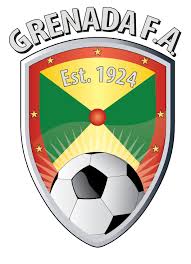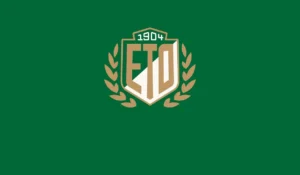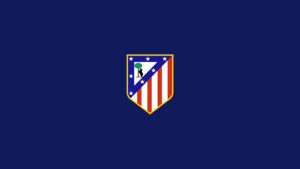
Grenada FC
When it comes to the burgeoning world of Caribbean football, few names are gaining as much attention as Grenada FC. Emerging from the vibrant and passionate sporting culture of Grenada, this club embodies ambition, resilience, and a commitment to elevating Caribbean soccer. As enthusiasts and analysts look toward the region for new talent and inspiring stories, Grenada FC stands as a beacon of hope and excitement. This blog post will delve deep into the journey, impact, and future of Grenada FC, exploring the intricate tapestry that has shaped its rise to prominence.
The Foundations of Grenada FC: Roots and Evolution
The story of Grenada FC is one of humble beginnings, driven by the vision of uniting communities through sport and fostering local talent. Before diving into the detailed sub-topics, it’s essential to acknowledge that Grenada FC’s formation was not just about creating a team but establishing a movement in Caribbean soccer. The following sections trace the club’s roots, key milestones in its early years, and the pivotal community relationships that have defined its ethos nhà cái 78win.
Origins and Inspiration
Grenada, known worldwide for its beautiful beaches and spice plantations, has always nurtured an athletic spirit among its people. However, organized football found its true calling with the conception of Grenada FC. Inspired by the global success of football and motivated by a desire to provide local youth with opportunities beyond their island, community leaders, ex-players, and entrepreneurs came together to form the club.
Visionaries behind Grenada FC saw football as more than just a sport; they viewed it as a transformative tool for social change. They believed in harnessing the collective energy of Grenadian youth, channeling it into disciplined training and structured competition. Early efforts were grassroots—holding informal matches on sandy pitches, gathering modest funding from local businesses, and rallying volunteers to coach and manage the teams.
Personal analysis leads me to admire how these foundational moments created a sense of ownership and pride within the community. Unlike clubs with corporate origins, Grenada FC feels like a people’s project from its inception—imbued with authenticity and purpose that continues to drive its current ambitions.
Key Milestones in the Early Years
Every great club has defining moments, and Grenada FC is no exception. Its evolution is marked by several key achievements that set the stage for its current stature in Caribbean soccer.
One of the earliest turning points was its admission into the island’s premier league, marking the transition from amateur status to professional aspirations. This step brought increased visibility, challenging the club to raise its standards both on and off the pitch. Recruitment efforts intensified, with scouts identifying raw talent from parishes across Grenada—many of whom had been overlooked by established clubs.
Another milestone was the establishment of formal youth academies. Recognizing that sustainable success depends on nurturing talent from a young age, Grenada FC invested in coaching staff, facilities, and partnerships with schools. These initiatives not only improved the quality of play but also fostered a unique club identity centered around development, education, and long-term growth.
It’s fascinating to see how Grenada FC’s trajectory mirrors broader trends in world football, where sustained investment in youth systems often lays the foundation for long-term achievement. Their willingness to learn from international best practices while retaining local flavors distinguishes them in the regional landscape 78win.
Community Engagement and Support
A distinguishing hallmark of Grenada FC is its unwavering connection to the community. From the outset, the club prioritized accessibility and inclusivity, ensuring that football was available to children regardless of socioeconomic status. This approach built a loyal fan base that extends beyond match-day spectatorship, encompassing families, local businesses, and civic institutions.
The club regularly organizes outreach programs—free football clinics, literacy drives, health workshops—that reinforce its commitment to holistic development. These initiatives cultivate goodwill and strengthen the social fabric around the club, making Grenada FC more than just a sporting entity; it becomes a pillar of communal identity.
In my view, this emphasis on community engagement has been vital in weathering challenges—from financial constraints to competitive setbacks. The people of Grenada see themselves reflected in the club’s journey, and this symbiotic relationship remains one of Grenada FC’s greatest assets.



